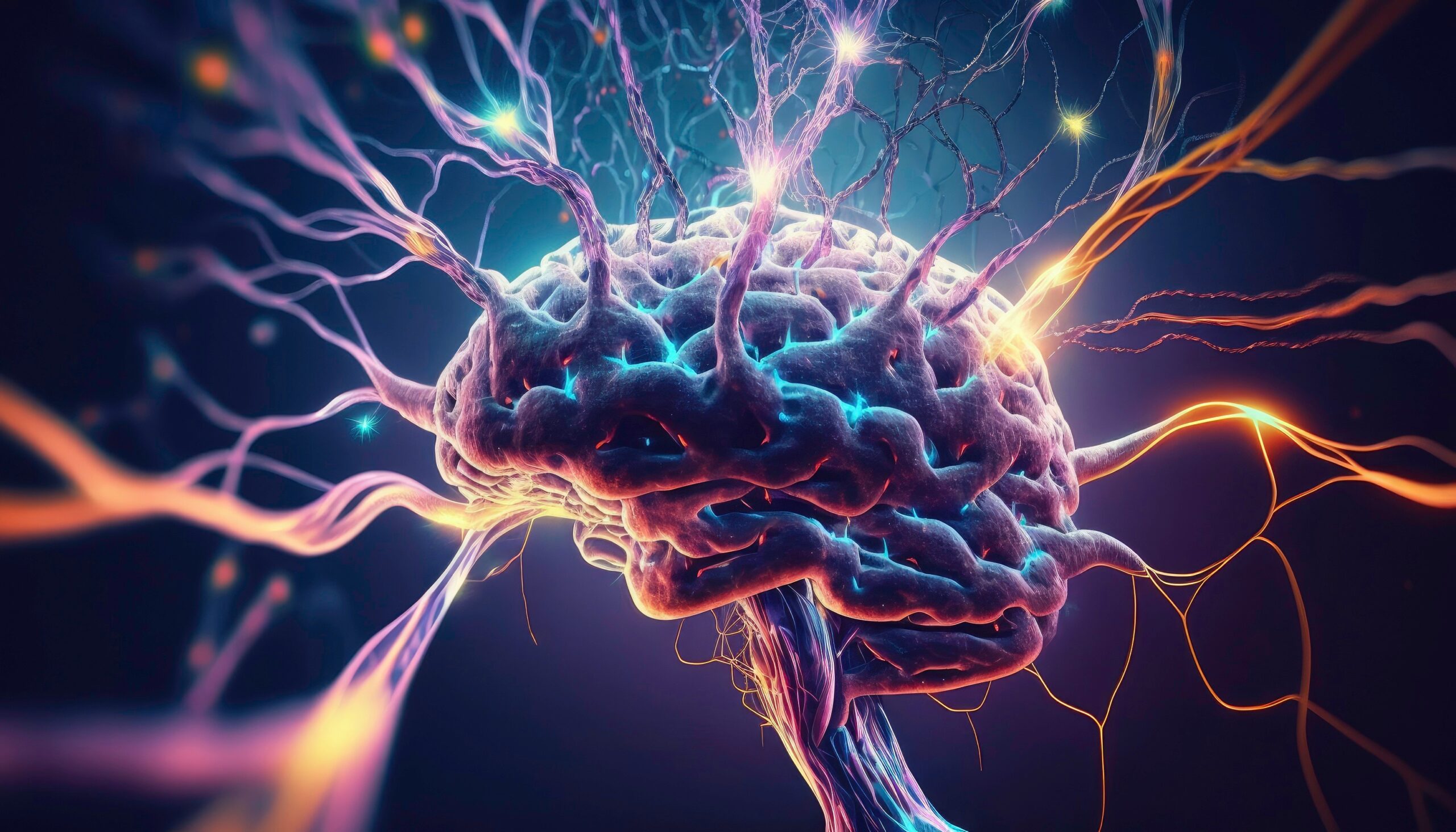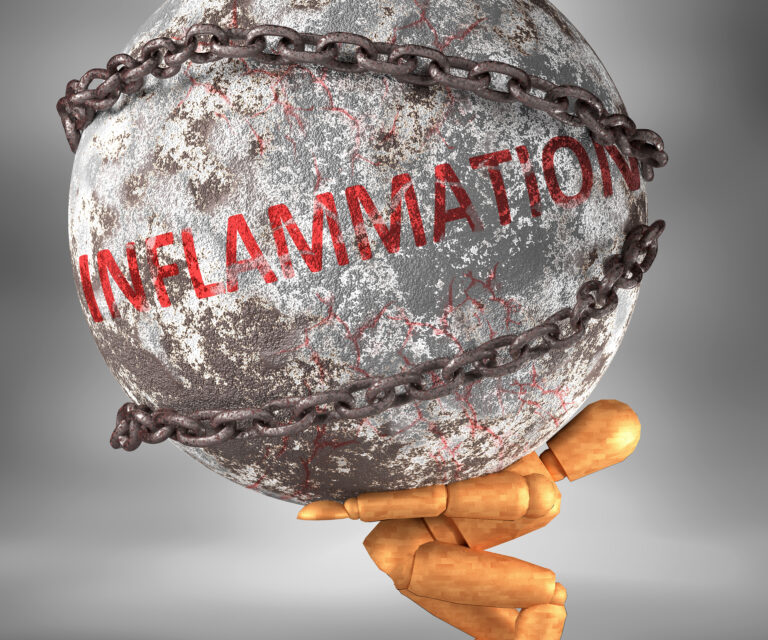
Beyond Brain Chemistry: The Body’s Role in Depression
Feeling persistently low, foggy, or fatigued — even when life looks “fine” on paper — might not just be in your head. Research is uncovering that for many people, depression isn’t only about brain chemistry or life stressors, but about something much deeper: inflammation.
At Lifetime Insight, we often explain to patients that mood is a whole-body experience. Chronic inflammation, often driven by diet, stress, poor sleep, or illness, can quietly disrupt brain signaling, drain energy, and alter how the brain processes emotions. Let’s explore how inflammation and depression are connected — and what you can do about it.
What is Inflammation?

Inflammation
A normal immune response helps your body heal from infection or injury. But when inflammation becomes chronic, the immune system stays switched on — releasing cytokines that can affect how the brain regulates mood, sleep, and motivation.
The Link Between Inflammation and Depression

Studies show that elevated inflammatory markers like CRP and IL-6 are often present in people with major depression. These molecules interfere with serotonin and dopamine pathways, leading to fatigue, apathy, and cognitive slowing — even when traditional antidepressants fall short.
This overlap is why integrative psychiatry focuses on both brain and body healing.
Signs of Inflammation-Related Depression
- Fatigue or “heavy body” feeling
- Brain fog or difficulty concentrating
- Low motivation despite adequate rest
- Achy muscles or headaches
- Gut issues, such as bloating or IBS symptoms
- Mood swings or irritability
Causes and Lifestyle Factors

Chronic stress, poor diet (especially high in refined sugar or processed fats), disrupted sleep, and autoimmune disorders all contribute. Even low-grade inflammation from hidden infections, hormone imbalance, or metabolic issues can influence mental health.
How Treatment Approaches Are Evolving

New research suggests that anti-inflammatory interventions — from omega-3 supplementation and Mediterranean diets to low-dose anti-inflammatory medications — can enhance response to antidepressants.
At Lifetime Insight, our goal is to treat both the emotional and biological roots of depression.
What You Can Do To Reduce Inflammation
- Focus on anti-inflammatory foods: leafy greens, berries, fatty fish, olive oil
- Balance blood sugar with protein-rich meals
- Prioritize quality sleep and circadian rhythm consistency
- Manage stress with mindfulness or breathwork
- Move daily — exercise lowers inflammatory markers naturally
- Ask your psychiatrist or physician about nutrient testing or omega-3 levels
Take the First Step Toward Balance
If this resonates — fatigue, low motivation, or feeling “off” despite treatment — inflammation might be part of your story. At Lifetime Insight, we blend psychiatry, nutrition, and neuroscience to uncover the hidden factors behind persistent mood changes.
You don’t have to figure it out alone.
Schedule your first appointment and begin restoring your emotional and physical balance today.
About the Author
Sarit Hovav, M.D., FAPA is a board-certified psychiatrist and the founder of Lifetime Insight. With a deep commitment to integrative mental health, she brings a unique blend of medical expertise and holistic care to individuals navigating complex mood and cognitive challenges—including those with a history of trauma or high-performance athletics. A former researcher at UCLA Semel Institute for Neuroscience and Human Behavior, Dr. Hovav now helps patients reconnect with themselves through compassionate, brain-based care that’s grounded in science—and humanity.
She is joined at Lifetime Insight by Heather Hauck, M.D., FAPA, a board-certified psychiatrist with additional specialized fellowship training in addiction psychiatry. Together, they offer collaborative and personalized care for patients experiencing the emotional and neurological effects of chronic conditions like CTE.

